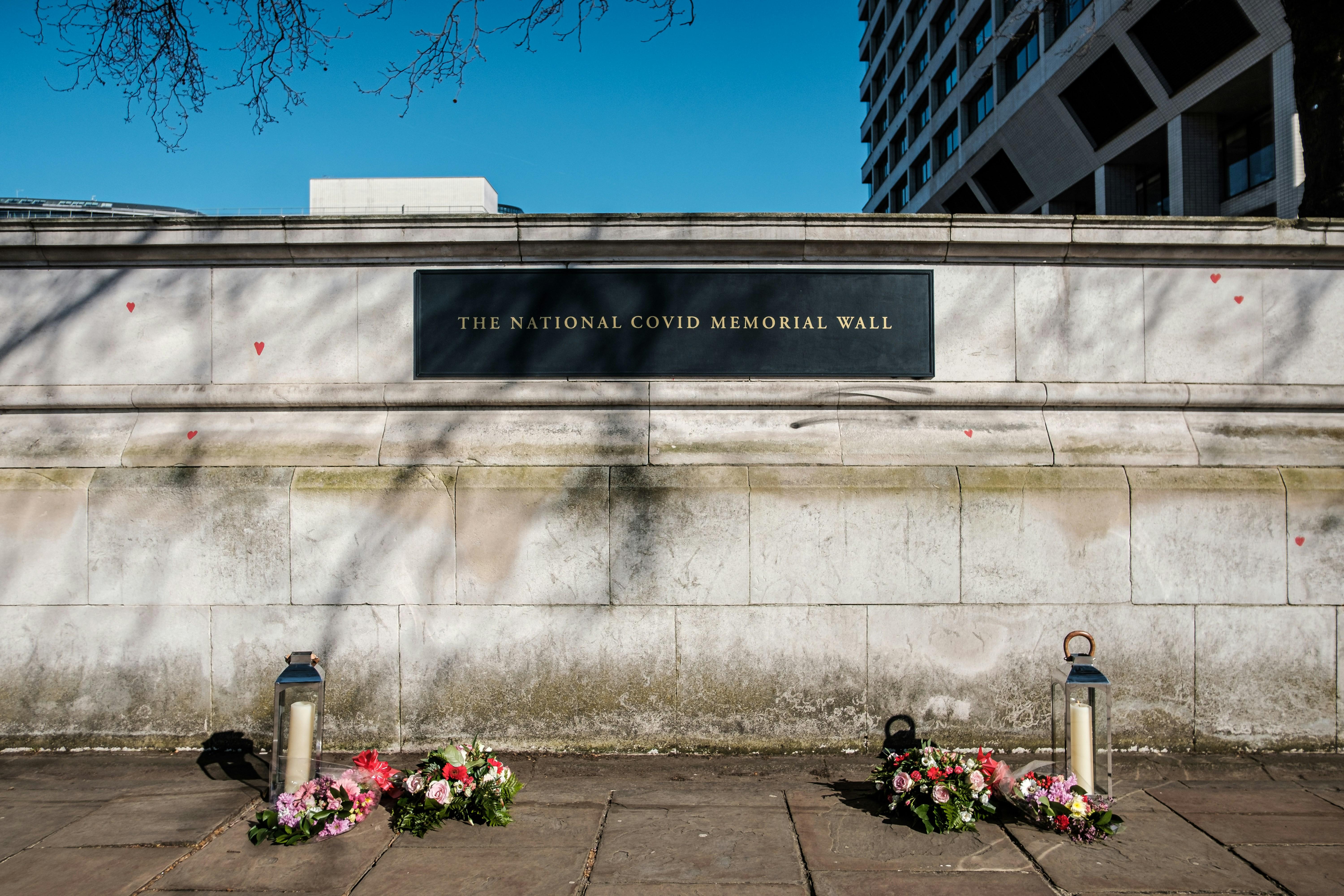In the realm of modern cinema, few films have dissected the intricate dance of loyalty and betrayal as masterfully as Martin Scorsese‘s “The Departed.” This 2006 crime thriller, an adaptation of the Hong Kong film “Infernal Affairs,” delves deep into the murky waters of moral ambiguity, where allegiance is a currency traded and trust is a fragile illusion. Set against the gritty backdrop of Boston’s criminal underworld, the narrative follows the parallel lives of two men on opposing sides of the law, each ensnared in a web of deceit and double-crossing. As we unravel the layers of this cinematic masterpiece, we find ourselves questioning the very nature of loyalty and the inevitable betrayal that shadows it. With Scorsese’s deft direction and a powerhouse ensemble cast, “The Departed” offers not only a gripping tale of suspense but also a profound exploration of the human condition, where the lines between right and wrong blur, and the price of allegiance is often paid in blood.
Exploring the Complex Interplay of Loyalty and Betrayal in The Departed
At the heart of The Departed lies a riveting exploration of loyalty and betrayal, weaving a complex tapestry of intertwined destinies. The film masterfully juxtaposes the lives of two moles—Billy Costigan, an undercover cop infiltrating the mob, and Colin Sullivan, a mole planted within the police force by the mob boss, Frank Costello. Their paths highlight the blurred lines between allegiance and treachery, forcing characters to constantly question their alliances. Loyalty, in this narrative, is a double-edged sword, wielded both as a weapon and a shield, where the protagonists’ commitments become their greatest vulnerabilities.
- Dual Lives: Both Billy and Colin live dual lives, illustrating the inner turmoil and identity crisis that comes with divided loyalties.
- Deception as a Survival Tool: Characters navigate a world where deception is not just a strategy but a necessity, challenging the notion of trust.
- Cost of Loyalty: The film questions the price of loyalty, as characters pay with their conscience, relationships, and ultimately, their lives.
The intricate dance between loyalty and betrayal in The Departed serves as a poignant commentary on the human condition, where personal and professional worlds collide, and the very fabric of trust is stretched to its limits. This interplay is not just a plot device but a reflection of the moral ambiguity that defines the characters’ lives, making every decision a perilous gamble.

Unraveling Character Motivations and Their Impact on Loyalty Dynamics
In The Departed, character motivations are intricately woven to challenge and redefine the notions of loyalty and betrayal. Each character operates with a complex set of personal ambitions, fears, and moral codes that drive their actions, blurring the lines between ally and adversary. Billy Costigan, for instance, is motivated by a desire to reclaim his family’s tarnished name, leading him to infiltrate the very underworld he despises. Meanwhile, Colin Sullivan‘s allegiance is deeply rooted in his debt to Frank Costello, a father figure who offers him protection and power. These motivations create a rich tapestry of deceit and allegiance, highlighting how personal histories and desires can dictate one’s sense of loyalty.
- Personal Redemption: Characters seek to correct past wrongs or fulfill family legacies.
- Power and Control: The pursuit of influence often supersedes moral considerations.
- Fear of Exposure: The constant threat of being unmasked forces characters to choose alliances carefully.
These motivations not only fuel the plot but also serve as a lens through which the audience can explore the volatile nature of trust. The interplay of loyalty and betrayal is not merely a backdrop but a pivotal force that shapes the narrative, compelling viewers to question where true allegiance lies. Through its characters, the film masterfully illustrates that loyalty is a currency often traded for survival, power, or redemption, making betrayal an ever-present specter lurking in the shadows of human ambition.

Analyzing the Role of Deception in Shaping Narrative Tension
Deception plays a pivotal role in crafting the intricate web of narrative tension within The Departed. At its core, deception is the engine driving the film’s plot, pushing characters to their psychological limits and prompting viewers to question allegiances. This tension is expertly woven through a series of double-crosses and hidden identities, where the lines between friend and foe blur with each twist and turn. The constant threat of exposure creates a palpable sense of anxiety, as characters navigate a world where trust is a commodity in short supply. Through this lens, deception is not merely a plot device but a fundamental theme that underscores the moral complexities of loyalty and betrayal.
- Hidden Identities: Characters like Billy Costigan and Colin Sullivan live dual lives, embodying the tension between their true selves and their deceptive roles.
- Unseen Motivations: The characters’ hidden agendas add layers to the narrative, making every interaction fraught with potential betrayal.
- Constant Surveillance: The omnipresent threat of being discovered heightens the stakes, adding an ever-present layer of suspense.
In dissecting these elements, it becomes evident that deception is intricately linked to the film’s exploration of loyalty and betrayal. Each act of deceit is a test of allegiance, pushing characters to make choices that reveal their true loyalties. This dynamic not only propels the narrative forward but also invites the audience to ponder the moral ambiguity inherent in the pursuit of justice and survival.

Recommendations for Understanding the Moral Ambiguities in The Departed
Delving into the intricate layers of moral ambiguity in The Departed requires a nuanced approach that acknowledges the complexity of its characters and their choices. First, consider the motivations driving each character. Are their actions purely self-serving, or do they believe they are serving a greater good? This perspective can lead to a deeper understanding of the ethical dilemmas they face.
- Examine the role of identity: The film constantly blurs the lines between law enforcement and criminality. Analyze how the characters’ identities influence their decisions and moral compass.
- Explore the theme of loyalty: Consider how loyalty is portrayed as both a virtue and a vice. Who are the characters loyal to, and how does this loyalty impact their moral decisions?
- Reflect on the consequences of betrayal: Identify the instances of betrayal and their ramifications. How do these betrayals challenge the characters’ moral standings?
By focusing on these elements, you can better appreciate the film’s portrayal of the blurred boundaries between good and evil. Each character’s journey is a testament to the intricate dance between loyalty and betrayal, making The Departed a compelling study in moral complexity.









